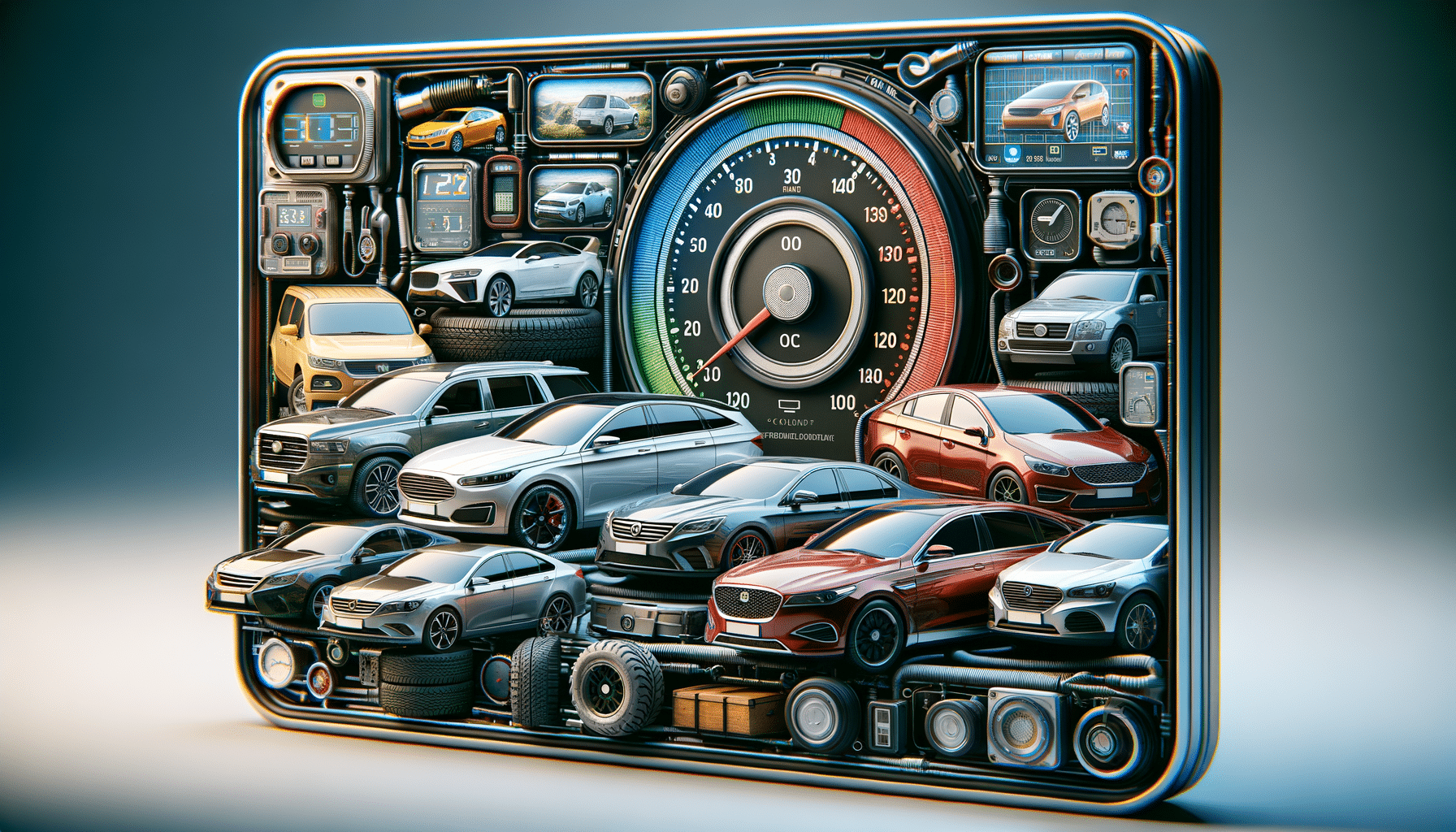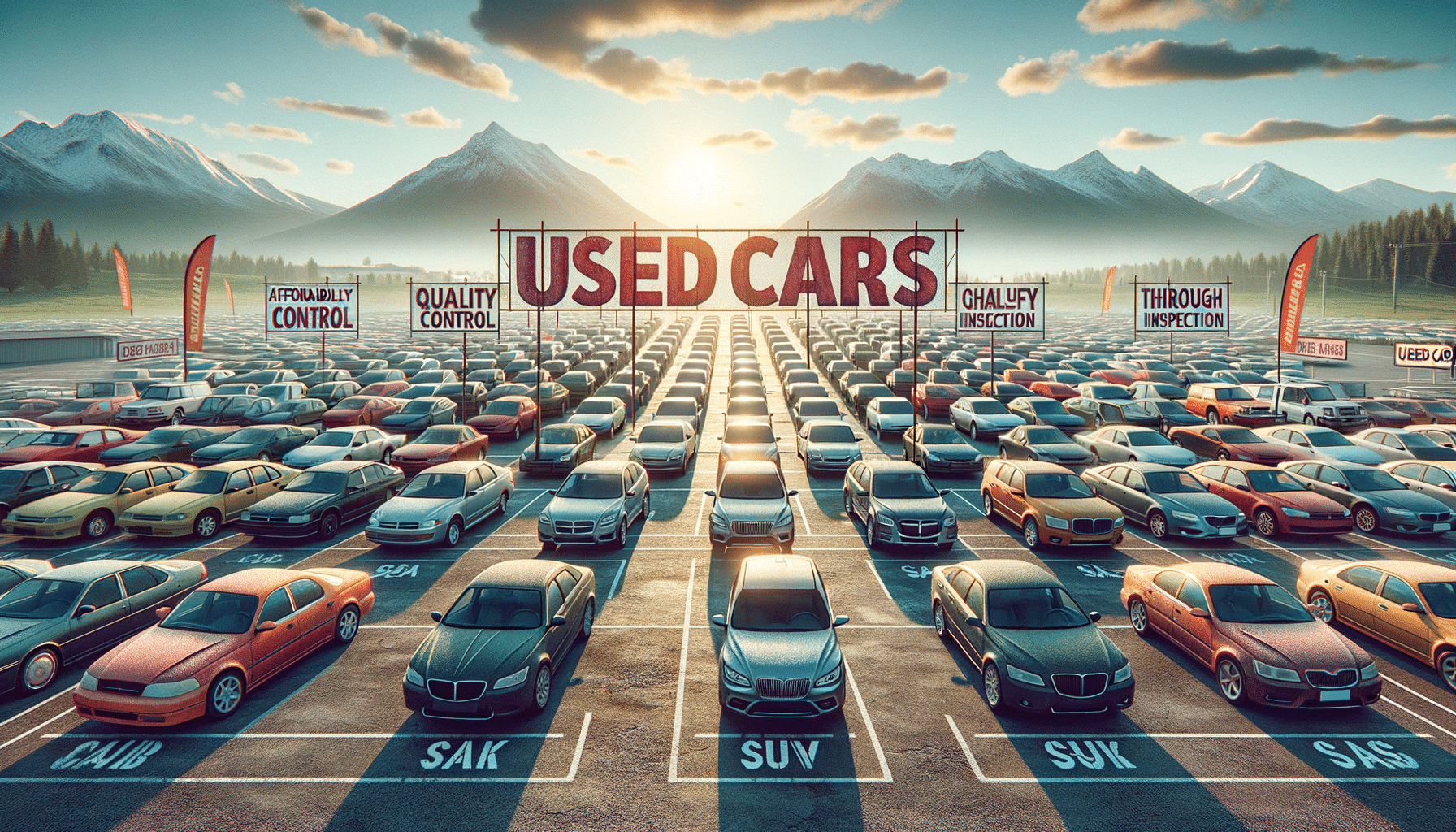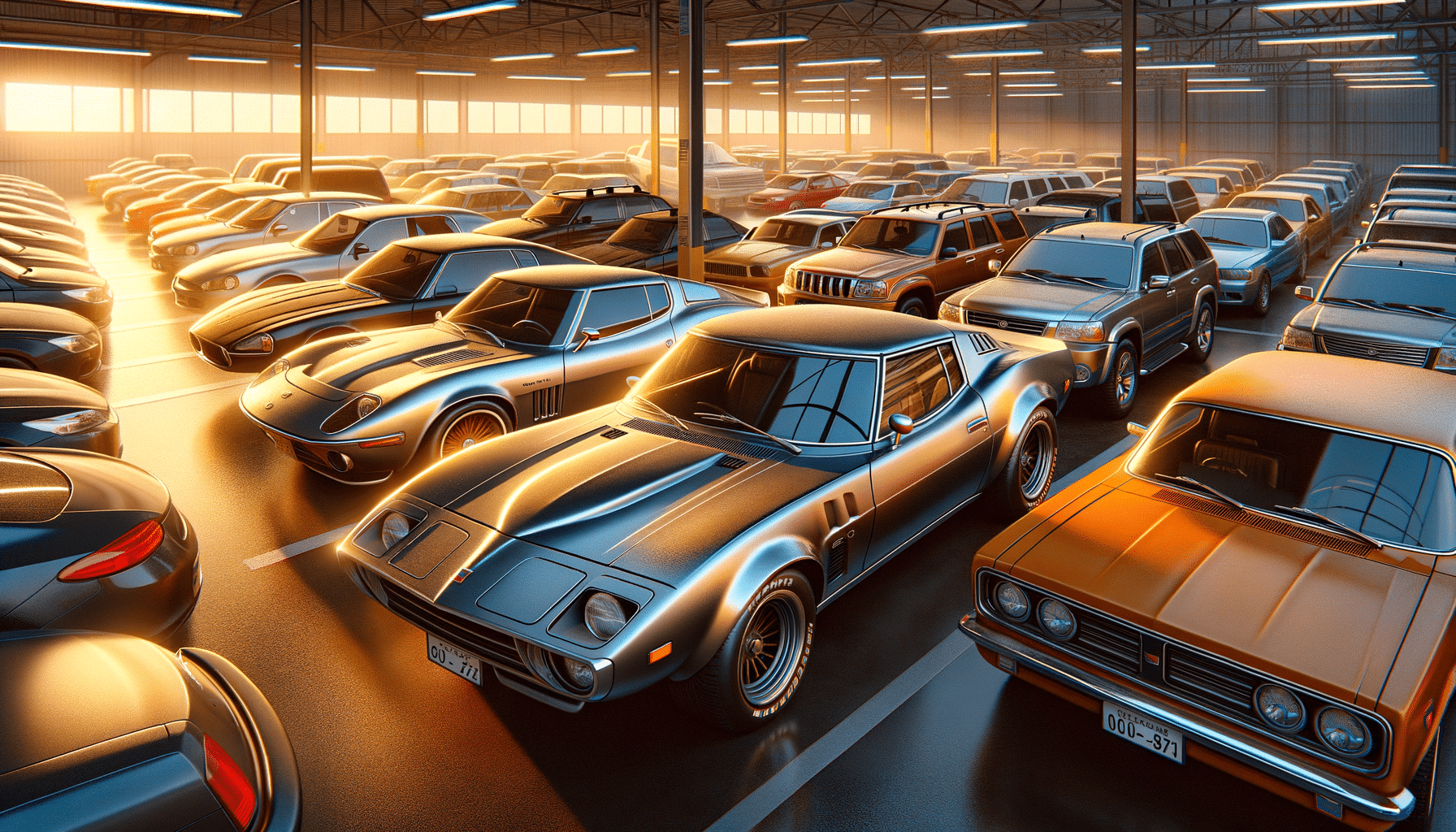
How Drone Photography is Changing Landscape Shoots
As technology continues to evolve, the art of photography is experiencing a revolution, especially with the advent of drone technology. Drone photography has rapidly become a game-changer in capturing landscapes, offering unique perspectives and opportunities that were once unimaginable.
The Rise of Drone Photography in Landscape Shoots
Drone photography has brought a breath of fresh air to landscape photography. By providing aerial views, photographers can now capture expansive and intricate details of landscapes that were previously difficult to achieve. This innovation is not only altering how we perceive landscapes but also how photographers approach their craft.
What Experts Say
According to Chris McCully, a renowned landscape photographer, “Drones have opened up a new dimension in landscape photography, allowing us to see the world from a bird’s-eye view.” This sentiment is echoed by many in the industry who have embraced this technology.
Impactful Statistics
A recent survey by the Drone Market Report indicated that the use of drones in photography has increased by 60% over the past five years. This surge highlights the growing reliance on drones for capturing stunning visuals.
Personal Experiences Shared
Consider the story of Mark, an avid landscape photographer, who recounted how using a drone transformed his portfolio. “The ability to capture the rolling hills from above added an entirely new layer of depth to my work,” he shared.
Actionable Tips for Drone Photography
- Always check local regulations before flying your drone.
- Invest in a drone with a high-quality camera for the best results.
- Plan your shots in advance to maximize battery life and capture the best lighting.
Comparing Traditional vs. Drone Landscape Photography
| Aspect | Traditional | Drone |
|---|---|---|
| Perspective | Ground Level | Aerial |
| Accessibility | Limited by terrain | Can reach remote areas |
| Setup Time | Minimal | Requires pre-flight checks |
| Cost | Lower | Higher initial investment |
| Regulations | Fewer restrictions | Strict regulations |
| Learning Curve | Basic skills | Requires flight proficiency |
| Image Detail | Limited to ground view | Enhanced details from above |
| Creative Angles | Standard | Innovative and varied |
Frequently Asked Questions
What are the legal considerations when using drones for photography?
It’s important to comply with local aviation regulations, which may include registering your drone and obtaining a flying permit.
Can drones be used in all weather conditions?
No, drones should not be flown in adverse weather conditions such as heavy rain, snow, or strong winds.
Conclusion
Drone photography is undoubtedly reshaping the landscape photography scene by offering new perspectives and creative possibilities. As technology continues to advance, embracing these changes can open up new avenues for creativity and innovation in photography. Whether you’re a seasoned photographer or a hobbyist, considering the integration of drones into your toolkit could be a significant step forward in capturing the world around you.


